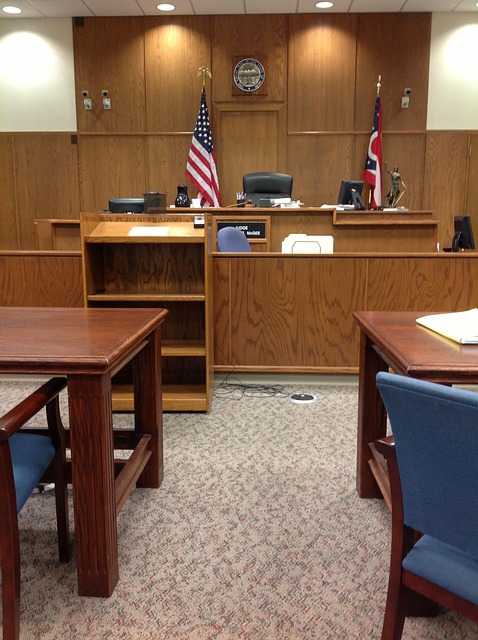NYS has enacted a strict electronic recycling law, which Boston businesses and residents adhere to through local centers complying with state regulations. This includes proper e-waste collection, data destruction, and partnerships with certified recyclers. Both NYC and Boston prioritize responsible disposal of electronics, encouraging community engagement in recycling programs while focusing on enhancing infrastructure and reducing environmental impact.
New York State (NYS) has made significant strides in waste management, with a strong focus on recycling. This article delves into the state’s recycling landscape, starting with an overview of the NYS Electronic Recycling Law and its impact. We compare NYC’s electronic waste disposal practices to that of Boston, highlighting key differences. Additionally, we explore strategies to enhance NYS recycling efforts, drawing insights from successful initiatives. By examining these aspects, we aim to provide a comprehensive understanding of the state’s progress and potential future directions in sustainable waste management.
- NYS Recycling Law: An Overview
- Electronic Waste Disposal in NYC
- Boston vs. NYS: Recycling Comparison
- Enhancing NYS Recycling Efforts
NYS Recycling Law: An Overview

New York State has established comprehensive recycling laws to promote sustainable waste management practices across the state, including specific regulations for electronic waste (e-waste). The NYS Electronic Recycling Law aims to ensure proper disposal and recycling of e-waste, which includes a wide range of items from computers and phones to appliances and lighting. This law requires businesses and organizations handling e-waste to adhere to strict guidelines, ensuring responsible management and preventing harmful materials from ending up in landfills.
Boston, as one of the state’s major cities, has implemented measures to support and comply with the NYS electronic recycling law. Local electronics recycling centers near me in Boston follow these state guidelines, providing convenient drop-off points for residents to responsibly dispose of their e-waste. Additionally, Boston businesses must register with the state and ensure they have proper facilities or contracts in place for e-waste collection and recycling, avoiding any NYS penalties for non-compliance.
Electronic Waste Disposal in NYC

New York State (NYS) has implemented a robust electronic waste disposal system to ensure responsible recycling and proper disposal of e-waste, which is crucial in protecting both the environment and public health. The NYS electronic recycling law requires all businesses and residents to dispose of electronic devices, such as computers, phones, and TVs, responsibly. Boston, being a major city within the state, has also adopted these guidelines to meet the NYS standards.
Recycling old tech is not just about complying with laws like the NYS electronic recycling law; it’s about fostering sustainable practices in the Boston area. Local electronic recycling centers near me follow these NYS guidelines, ensuring that e-waste is processed safely and efficiently. Best practices for Boston area electronic recycling under NYS rules include proper segregation of materials, data destruction, and partnership with certified recyclers to prevent hazardous waste from ending up in landfills. These measures not only reduce environmental impact but also create job opportunities in the growing e-recycling industry.
Boston vs. NYS: Recycling Comparison

When comparing Boston’s recycling rates to those of New York State (NYS), it’s evident that both areas are committed to sustainable waste management, but with distinct approaches. Boston has implemented robust programs, encouraging residents to participate actively in recycling efforts, particularly for materials like paper, glass, and metal. This city’s focus on community engagement has led to impressive rates, especially when it comes to electronic waste (e-waste) recycling—a growing concern globally.
In contrast, NYS boasts one of the most comprehensive electronic recycling laws in the nation. The state’s legislation mandates that businesses and consumers responsibly dispose of various electronic items, including outdated technology. This law, coupled with a vast network of drop-off locations and collection events, ensures high recycling rates for e-waste across the state. For instance, NYS offers numerous options for businesses looking to recycle old tech in Boston, aligning with both local and state regulations. Recycling outdated electronics is not just an environmental imperative but also a way to meet NYS’s stringent requirements, demonstrating the state’s commitment to minimizing electronic waste in landfills.
Enhancing NYS Recycling Efforts

New York State (NYS) is continually striving to improve its recycling rates and enhance sustainable waste management practices. One significant step forward has been the implementation of a robust NYS electronic recycling law, mirroring best practices from cities like Boston. This legislation aims to ensure proper disposal and recycling of electronic waste (e-waste), which is a growing concern due to the increasing volume of outdated electronics.
Comparing NYC vs. Boston in terms of electronic waste disposal laws, both cities have stringent regulations but differ slightly in their approaches. Boston’s Recycling Law requires residents to recycle specific electronic items, such as computers and phones, while NYS legislation focuses on proper management and recycling infrastructure. Encouragingly, these measures mirror best practices from across the country, ensuring that e-waste is handled responsibly. For instance, Recycling old electronics according to state law in Boston or any similar program in NYS allows for the proper disassembly and recycling of materials like metals, plastics, and glass, thereby reducing environmental impact.
New York State has made significant strides in improving its recycling rates, but there’s still room for enhancement. The state’s Electronic Waste Disposal Law and initiatives like those compared to Boston showcase progress, yet more can be done to reach maximum potential. By continuing to educate residents and implementing effective strategies, NYS can further elevate its recycling efforts, ensuring a cleaner and more sustainable future for all. Adhering to the NYS electronic recycling law and learning from urban leaders like Boston will prove beneficial in achieving higher recycling rates and reducing environmental impact.














